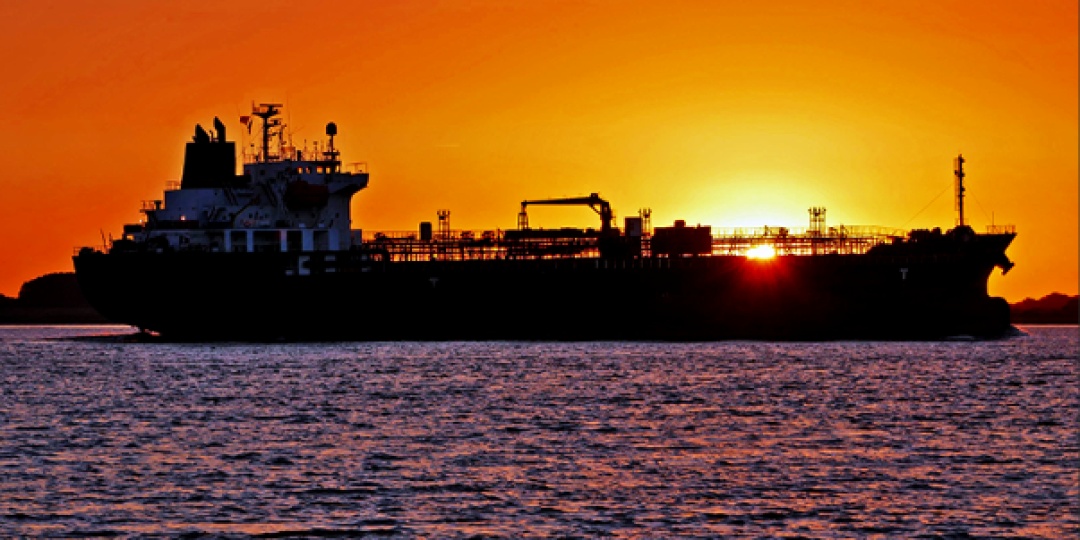Maritime leaders are concerned about the environmental and safety hazards posed in international waters by sanction-evading oil tankers, commonly referred to as the shadow fleet or dark fleet.
These are oil tankers that turn off their tracking equipment to conceal their origin and destination while ferrying oil to sanctioned countries.
“We should be concerned by dark fleet activity because of the safety of vessels and crew, as well as the protection of the marine environment,” said Harry Conway, chairman of the International Maritime Organization’s (IMO) Marine Environment Protection Committee (MEPC).
“If elements within the industry circumvent the rules and regulations, we have a problem.
“Dark fleet vessels have no accountability because they operate under the radar; they don’t respect the rules, and the IMO is taking measures and actions to tackle the issue.”
Conway and other shipping leaders were speaking during a panel discussion on safety at Posidonia 2024, a major shipping trade show in Athens, Greece.
Christopher J Wiernicki, chairman and CEO of the American Bureau of Shipping, said the dark fleet had a different outlook to mainstream commercial shipping.
“They have old vessels, poor inspections, lack insurance, and are riddled with mechanical failures and oil spills, which they simply regard as collateral damage.
“We are at war, and until the war is over and issues are resolved, it won’t be easy to find solutions,” said Michael Parker, global industry head of shipping and logistics at Citi.
“The IMO is powerless to enforce various things to improve transparency unless others are willing to take more impactful steps. Sanctions are not proving to be effective, but I am optimistic that we are in an age of regulation and transparency, and climate change and data are going to drive positive change.
“It’s really a question of enforcement. We hope peace will bring the restoration of more normal behaviour. We cannot allow the creation of shadow fleets to happen again.”













